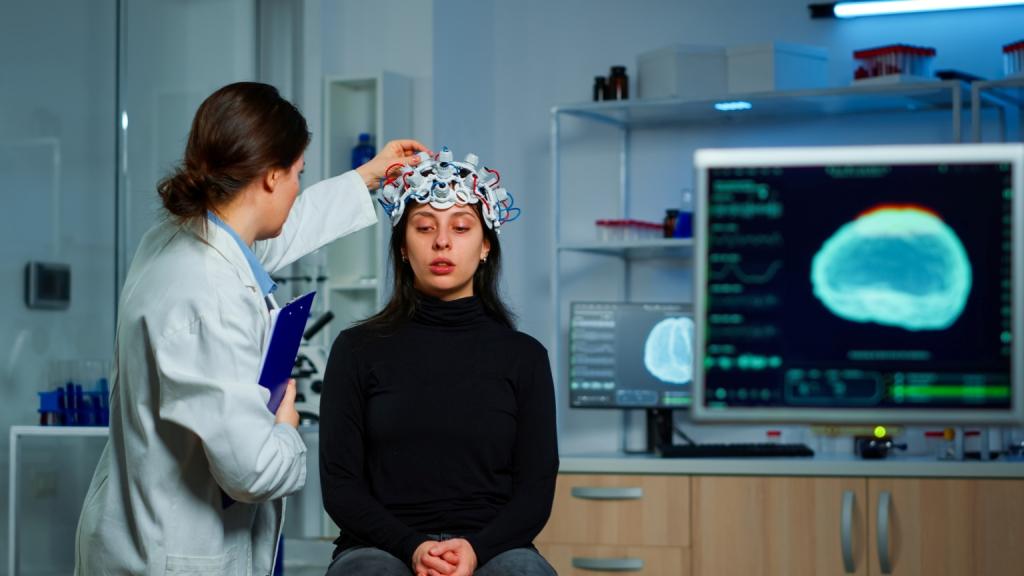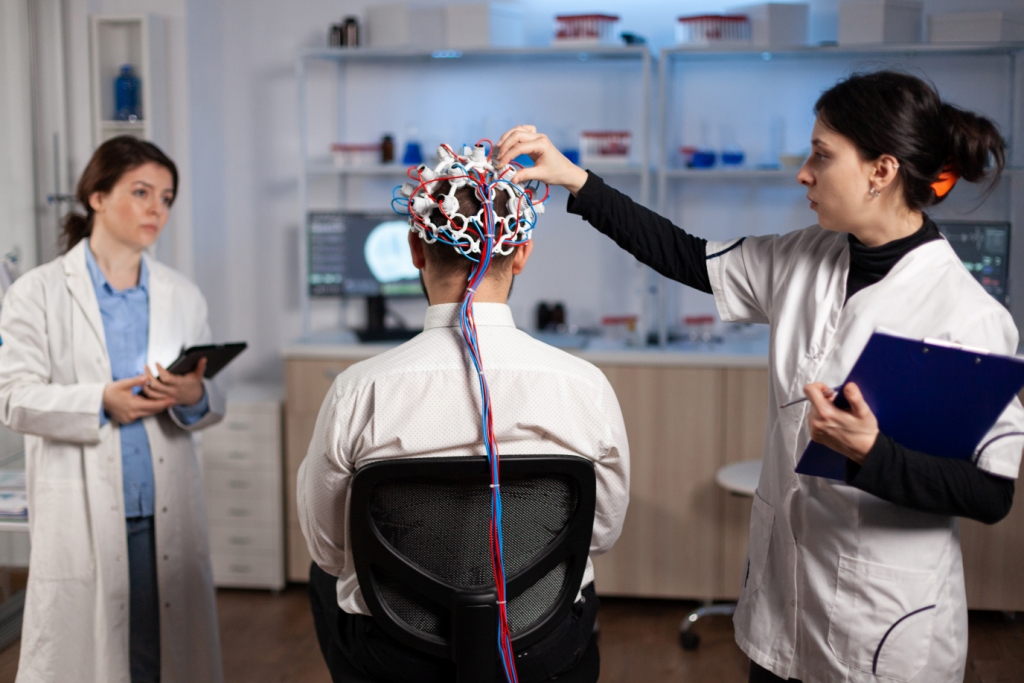Mental health has long been plagued by misconceptions, stereotypes, and stigmatization. The prevailing notion that mental health conditions are untreatable or indicate personal weakness has prevented countless individuals from seeking the help they need. However, advancements in medical science, particularly in the field of neuromodulation, are paving the way for a new era of mental health treatment that challenges these misconceptions. In this article, we explore the power of neuromodulation in breaking the stigma surrounding mental health and revolutionizing treatment options.
Understanding Neuromodulation:
Neuromodulation refers to the use of targeted electrical stimulation or transcranial magnetic stimulation (TMS) to modulate neural activity in specific areas of the brain. This non-invasive or minimally invasive technique holds promise for a wide range of mental health conditions, including depression, anxiety disorders, obsessive-compulsive disorder (OCD), post-traumatic stress disorder (PTSD), and more. By directly influencing neural circuits associated with these conditions, neuromodulation offers a unique and effective approach to treatment.
Overcoming Treatment Resistance:
One of the major challenges in mental health care is treatment resistance, where individuals do not respond to traditional therapies such as medication or counselling. Neuromodulation provides hope for those who have been unsuccessful with conventional treatments. For instance, transcranial magnetic stimulation (TMS) has shown remarkable results in treating anxiety, depression and OCD, even in cases where medications have proven ineffective. TMS treatment is approved by US-FDA for the treatment of anxious depression, OCD and tobacco addiction. By stimulating specific regions of the brain associated with mood regulation, it helps restore balance and alleviate depressive symptoms.
Enhancing Quality of Life:
Mental health conditions can significantly impact an individual’s quality of life, affecting their ability to work, maintain relationships, and engage in everyday activities. Neuromodulation offers a ray of hope by providing targeted interventions that can lead to substantial improvements. Deep brain stimulation (DBS), for example, has demonstrated success in treating conditions such as Parkinson’s disease and essential tremors. DBS involves implanting electrodes in specific brain regions to modulate abnormal neural activity. DBS is an invasive kind of neuromodulation whereas TMS is totally non-invasive.
Extending its applications to mental health disorders holds immense potential for enhancing the lives of those living with debilitating conditions.
Empowering Personalized Treatment:
One of the greatest advantages of neuromodulation is its ability to deliver personalized treatment based on an individual’s specific needs. By mapping and understanding the neural circuits associated with a particular mental health condition, clinicians can tailor the stimulation parameters to optimize therapeutic outcomes. This personalized approach not only enhances treatment efficacy but also minimizes potential side effects. The ability to adapt and refine neuromodulation techniques based on each patient’s unique brain connectivity provides a level of precision and customization previously unseen in mental health care.
Challenging Stigma and Raising Awareness:
Breaking the stigma surrounding mental health is essential to ensuring that individuals feel comfortable seeking the help they need. Neuromodulation, with its innovative and scientifically grounded approach, challenges the long-standing myths and misconceptions associated with mental health conditions. By highlighting the success stories of individuals who have benefited from neuromodulation therapies, we can raise awareness and inspire hope among those who may be hesitant to explore alternative treatment options. Public education campaigns, open discussions, and sharing personal experiences are crucial in dismantling stigma and encouraging individuals to seek the care they deserve.
Conclusion:
Neuromodulation represents a transformative leap forward in mental health treatment. By harnessing the power of electrical or magnetic stimulation to modulate neural activity, it offers hope for those who have struggled with treatment-resistant mental health conditions. The personalized nature of neuromodulation allows for targeted interventions, maximizing therapeutic outcomes while minimizing side effects. By breaking the stigma surrounding mental health and highlighting the potential of neuromodulation, we can foster a society that embraces innovative approaches to mental health care. It is time to recognize the power of neuromodulation and ensure that every individual facing a mental health challenge has access to the most effective and compassionate treatment available.

Shared by : Dr. M.S. Reddy
Asha Neuromodulation Clinic







